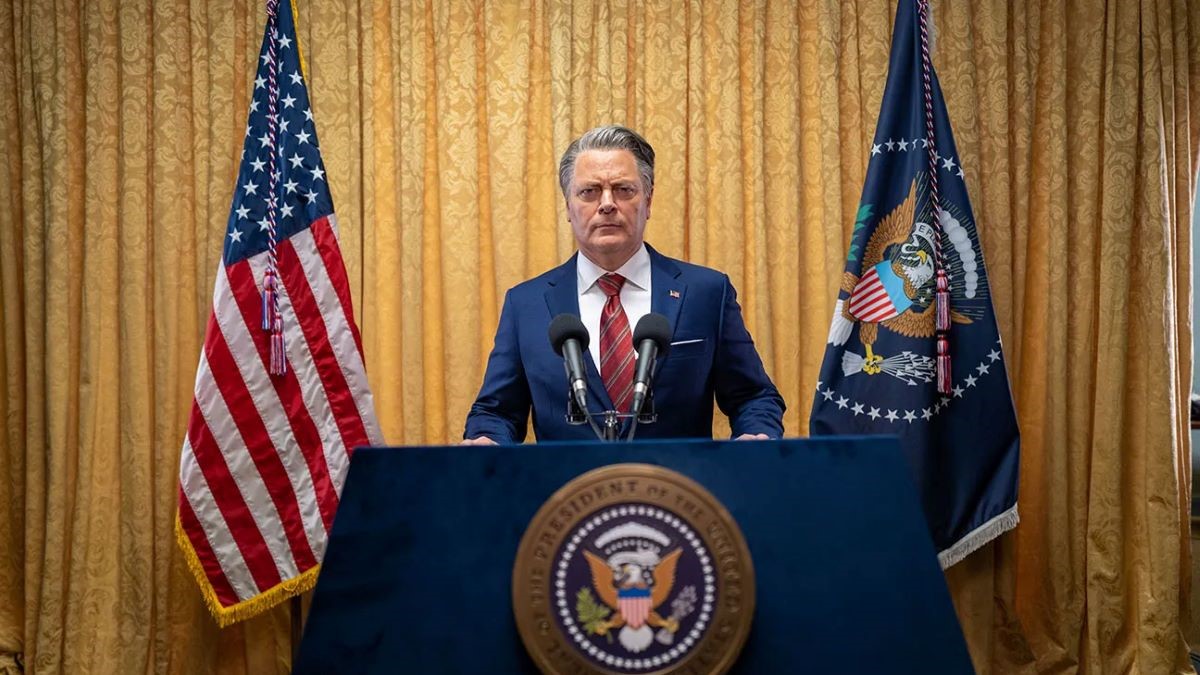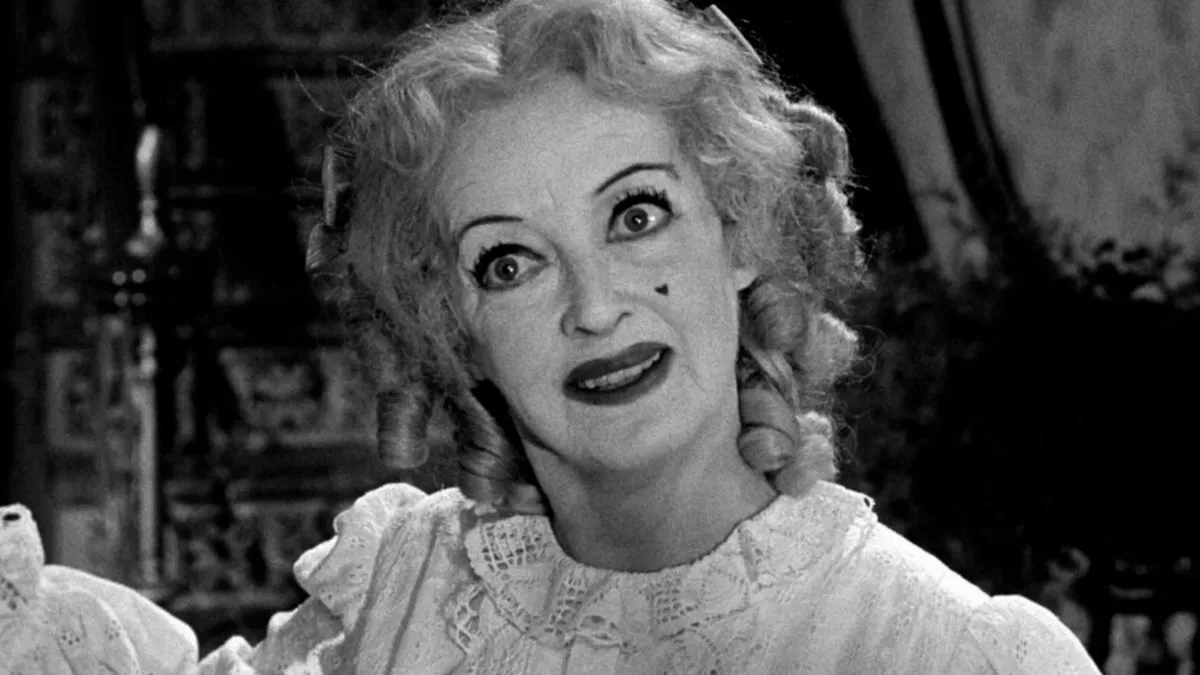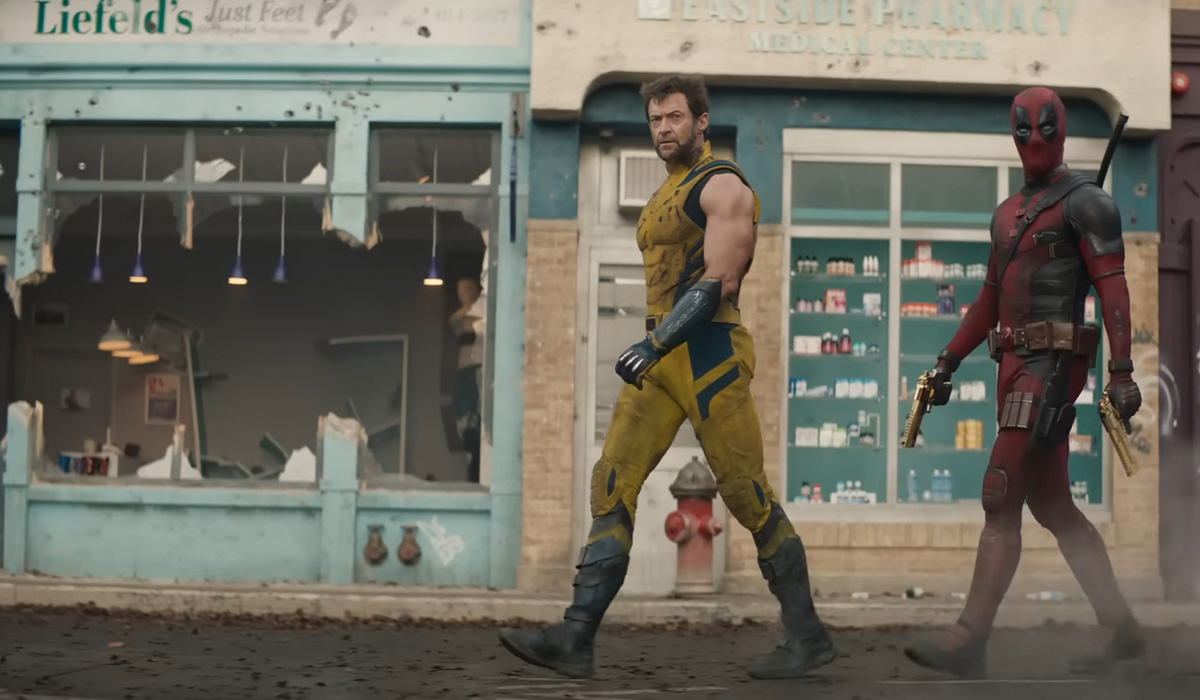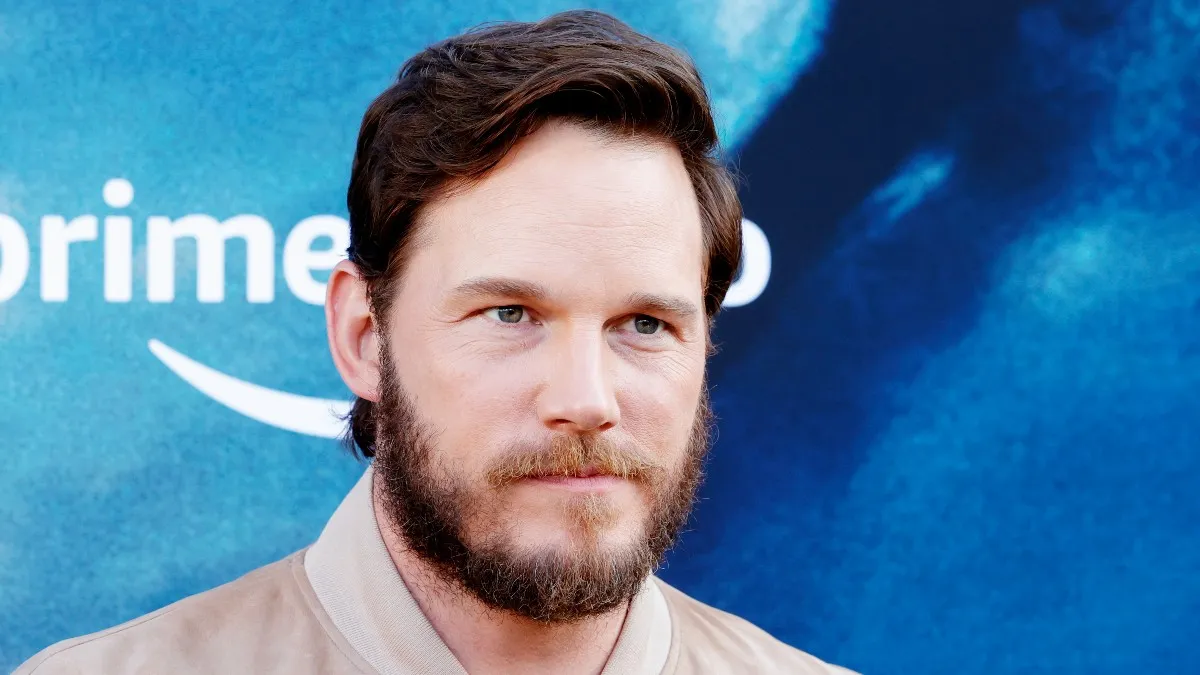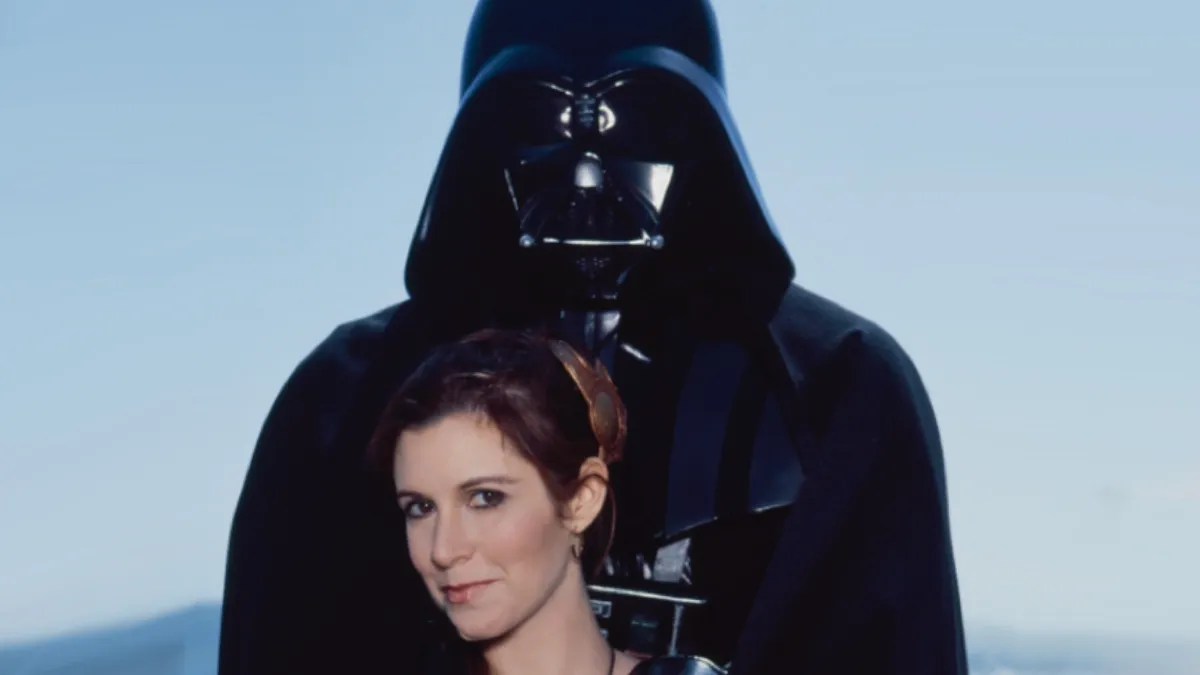You could almost hear the mischievous chuckles of Alex Garland and the Civil War marketing team (who no doubt were also responsible for such a deceptively generic title) when that final trailer aired a mere day before the film’s wide release, promising bombastic, paradigm-shifting cinematic combat when, on the other side of those theater doors, a far more necessary film awaited.
Full disclosure; I’m not here to talk about Civil War‘s thunderously evocative gunplay (that aforementioned trailer wasn’t a total misdirect), nor do I intend to spend very long telling you why the cast, particularly Kirsten Dunst in what’s among her most profoundly devastating performances, deserves to be lauded not only for bringing this material to life, but for signing on to this project in the first place. No, the reason you (and everyone else) needs to see Civil War is because, insofar as a movie is capable of convincing us to take a good, hard look at ourselves and the violence that we enable, there may be no more important piece of cinema for the foreseeable future (and that’s assuming the future is something we will, in fact, get to see).
The film stars Dunst as Lee Smith, a war photojournalist suffering from PTSD who, along with her colleague Joel (Wagner Moura), endeavors to drive from New York City to Washington, D.C. to get an interview with the President of the United States, which is currently engulfed in an unthinkably violent and wide-spanning civil war between the U.S. Armed Forces and insurrectionists led by Texas and California, collectively known as the Western Forces. Joining the duo is veteran reporter Sammy (Stephen McKinley Henderson) and the ambitious but unexperienced photographer Jessie (Cailee Spaeny), and the foursome travel across America, hoping to make it to the White House before the Western Forces can deliver their summary execution to the country’s dictator/would be-interviewee.
Admittedly, it’s difficult to tell exactly how deep Civil War intended to go, because if one were to peel back the layers with unending gumption, you could conclude that Civil War, simply by way of that which it’s critiquing, is about insecurity. Whether or not this was the exact thread that Garland wanted us to pull on is anyone’s guess, but what can be said irrefutably is that Civil War serves as an indispensable stepping stone, one that leads to the conversations that each and every one of us have a responsibility to engage in.
But let’s start from the top. Civil War is a film about journalism; not the job, but the act, the duty, and the severity with which that act and duty has been so thoughtlessly bastardized and hijacked by a world that, at large, is all but ready to pulverize you if your response to atrocity, no matter how big or small, is anything other than apathy, however animated it is.
And Civil War is positively littered with atrocities, whether it’s Jesse Plemons’ unnamed militia soldier who unceremoniously puts a bullet through the heart of anyone who isn’t American, to the nauseating, real-life war footage that gives some idea of what Lee has been through. Of all the bits and pieces to parse in Garland’s latest, it doesn’t take much in the way of media literacy to figure out the film’s stance on war and violence, and frankly, the easiest answer to that question is all that needs to be.
Just as well, because in all seriousness, Civil War is a proponent of easy answers to the many divisions plaguing our world right now. That’s not an insult to Civil War‘s thinking, either, because those aforementioned answers absolutely, positively exist in reality, it’s just that too few of us are willing to do our part in bringing that answer to life.
We, the audience, don’t actually learn what everybody’s fighting about; we just know that the Western Forces are trying to kill the President (who, in this world, has dissolved the FBI, is serving a third term, and has used air strikes against American civilians; in other words, he stands as a none-too-subtle composite of those who wish for us to keep fighting each other while they pull the strings of this heinously violent and dehumanizing system), and that if they succeed in doing so, they win. The Western Forces, I presume, understand the nuances of that win condition about as well as we do. That is yet another of the film’s unchanced details.
Another important detail is Joel’s mask of spectacle-lusting apathy, which hides worlds of pain, fear, and vulnerability that drive so many of us to put a similar face on ourselves. Another still is the President’s opening monologue, in which he commends the victory (spoiler alert: it’s a lie) of the U.S. military over the Western Forces, evoking the exact culture of oppositional domination that gets baked deeper and deeper into the geo- and sociopolitical subconscious with every passing day. Indeed, every scene is another detail in this abominable state of affairs that Civil War is forcing us to stare at.
Because from the heightened non-reality of social media all the way up to ground zero of Earth’s latest genocide, we are all impossibly desperate to convince ourselves that we’re better than the other person. That in no way equates the abhorrence factor of a Twitter war with an actual war, but it all starts at the same place; “I am fundamentally insecure over the possibility that my experience isn’t the correct one, and rather than explore why that is within myself (because that’s far too frightening), I have to make sure that no other possibilities exist, or that they’re otherwise invalidated.” Following that is the lies and manipulation that somehow manage to paint both sides (two, because there’s no room for anyone else) as opposing, all-or-nothing nuclear solutions to the problem at hand, and after that is usually the six-to-seven digit body count preceding the declaration of a winner, and the prize is getting to call their God by the name they prefer, among other myopic spoils.
In closing, go watch Civil War, because the war starts at home, and I’m not talking about the United States.
